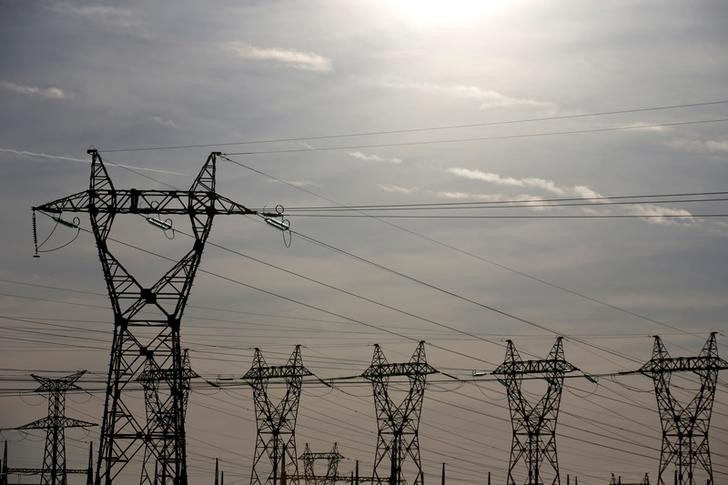This post was originally published on this site

Electric car manufacturer, Nio Inc. (NYSE:NIO) began posting temporary notices on its app’s charging map page informing owners that some of its Chengdu battery-swapping stations are “off-line” because of the “severe overload on the grid under the persisting high temperatures.”
Tesla (NASDAQ:TSLA) was also forced to turn off or restrict services at more than a dozen super-charging stations in Chengdu and Chongqing, where China’s worst drought since the 1960s has slashed hydropower generation at the same time a punishing heatwave has sent electricity demand surging.
The power cuts in the Sichuan province have affected many manufacturers including Toyota Motor Corp. (NYSE:TM) and battery producer Contemporary Amperex Technology Co (SZ:300750), which have had to temporarily shut down factories.
According to a report by Bloomberg, Nio is calling for users in Sichuan to share their home chargers between Aug. 20 and Sept. 20, while some drivers are trading their fully-charged batteries for almost-dead ones at swapping stations to help fellow owners.
Soon, EV owners in Europe could also be affected by the energy crisis. Geopolitical instability is already forcing European consumers to limit consumption of electricity and other utilities. With the second largest local electric vehicle market, next to China, alternative power sources are unlikely to cover all of the charging capacity needs.
According to Reuters, Norway has taken the lead from Russia in supplying natural gas to Europe and plans to keep its natural gas production at current high levels.
“I expect that we can maintain the production levels we are at now until 2030,” Norway’s energy minister Terje Aasland said.
But while Norway intends to keep its gas output high, it has no plans to reduce its prices to make European energy more affordable, Aasland said.



